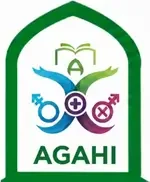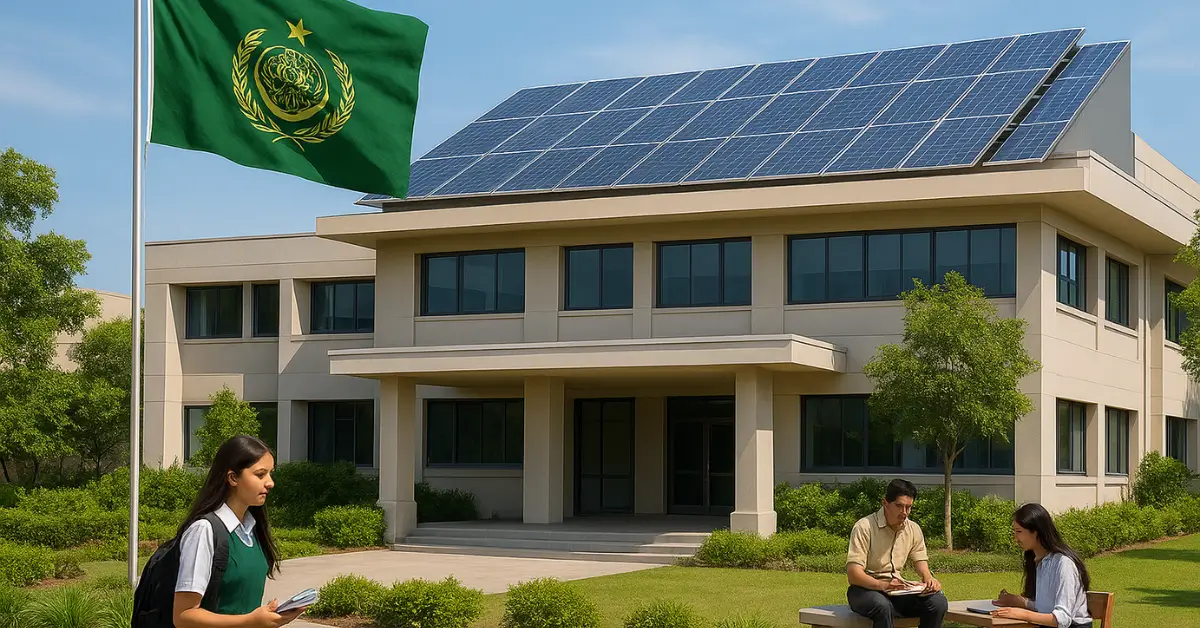Sindh Govt Shifts Karachi & Larkana Matriculation Boards to Solar Energy
Sindh Govt Shifts Karachi & Larkana Matriculation Boards to Solar Energy: The ongoing power crisis has been a pressing issue for many regions of Pakistan, especially for educational institutions. In Sindh, the government has taken a major step to tackle this challenge by shifting the Karachi and Larkana matriculation boards to solar energy. This move is aimed at ensuring that the examination and administrative activities of these educational boards continue smoothly despite the frequent power outages.
The Sindh Government’s Bold Decision
In response to the severe power shortages affecting daily life, Ismail Rahu, the Sindh Minister for Universities and Educational Boards, announced that both the Karachi and Larkana boards would transition to solar energy. This shift is crucial in keeping educational activities uninterrupted. With this initiative, the Sindh government aims to ensure that exams, paper checking, result preparation, and other critical administrative functions are not affected by the unpredictable power supply.
According to Minister Rahu, the decision to adopt solar energy was made to ensure that even during power outages, the educational system can continue its operations without disruption. This new approach will be beneficial for students, teachers, and administrative staff, who often face significant delays due to power cuts. By relying on solar energy, both boards can now operate independently of the grid, ensuring that essential activities are carried out without delay.
Saudi-Pakistan Trade Relations Strengthen as Prince Mansour Heads Business Council Meeting in Islamabad
How Solar Energy Will Help
The switch to solar power is expected to bring significant benefits. With solar panels installed at the Karachi and Larkana matriculation boards, these offices can run critical tasks such as conducting exams, checking papers, and preparing results without interruptions. Power outages are a frequent issue in many parts of Sindh, and this new initiative will help keep the academic processes on track, avoiding delays that can affect students’ progress and the timely completion of educational requirements.
In addition, solar energy is a cost-effective and sustainable solution that will not only ensure uninterrupted operations but will also reduce dependency on the national power grid. Given the frequent power shortages in the region, this move could become a model for other educational institutions and government departments across Pakistan.
Legal and Policy Reforms in Educational Boards
Apart from the technical shift to solar energy, the Sindh government has also introduced legal and policy reforms aimed at improving the overall transparency and efficiency of the Universities and Boards Department. These reforms are designed to streamline processes, enhance governance, and ensure that the operations of educational boards are carried out in an effective and accountable manner.
By implementing these reforms, the Sindh government aims to make the education system more responsive to the needs of students, teachers, and administrators. With better governance and improved transparency, the department can operate more smoothly, offering a better experience for everyone involved in the educational process.
Federal Board’s Revised Grading Formula
Alongside the shift to solar energy in Sindh, the Federal Board of Intermediate and Secondary Education (FBISE) has also made an important announcement regarding the grading system for the Secondary School Certificate (SSC) and Intermediate (HSSC) examinations. The FBISE has revised its grading formula, a move aimed at improving the fairness and accuracy of results.
This revised grading system will ensure that students are evaluated based on a more balanced and transparent approach, helping to reduce the stress associated with the traditional grading methods. With these changes, students across Pakistan will benefit from a grading system that is more reflective of their actual academic performance.
Benazir 8171 New Payment System 2025: Online CNIC Check & Registration Method
- “سندھ حکومت کا کراچی اور لاڑکانہ بورڈز کو سولر انرجی پر منتقل کرنے کا اہم اقدام”
- “تعلیمی سرگرمیوں کی تسلسل کو برقرار رکھنے کے لیے شمسی توانائی کا استعمال”
- “سولر انرجی سے بجلی بحران کا حل، امتحانات اور دفاتر کی سرگرمیاں جاری رہیں گی”

